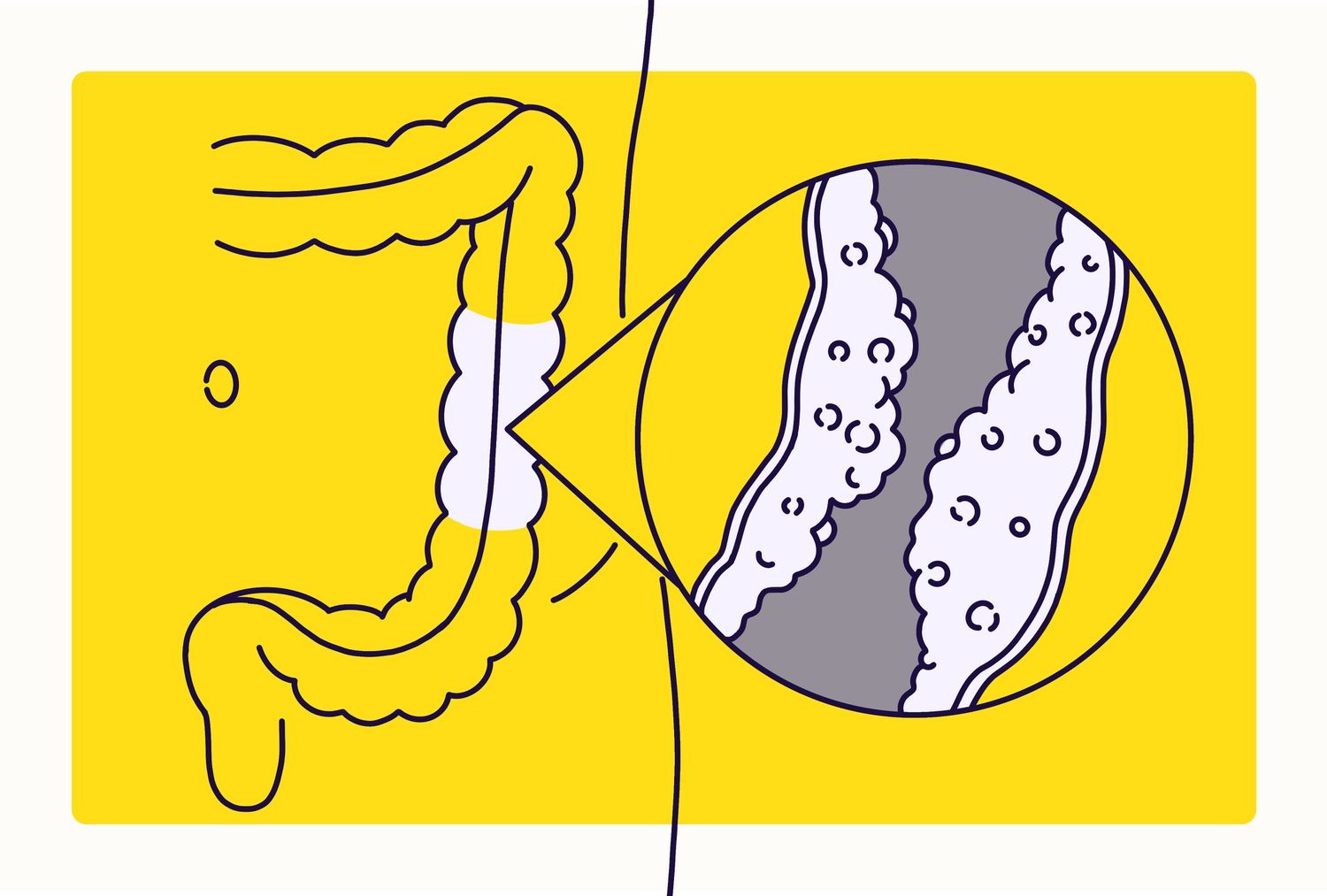Crohn's Disease is a chronic inflammatory bowel disease that primarily affects the digestive system. It can cause inflammation anywhere along the lining of the digestive tract, but it most commonly affects the small intestine and the beginning of the colon. This inflammation often spreads into the deeper layers of the bowel and can be both painful and debilitating.
What is Crohn's Disease?
Crohn's Disease is characterized by an abnormal immune response that causes inflammation of the gastrointestinal tract. While it can affect any part of the digestive system from the mouth to the anus, it most often targets the end of the small intestine and the beginning of the colon. The inflammation can cause a range of symptoms and can vary significantly in severity.
What Causes Crohn's Disease?
The exact cause of Crohn's Disease is unknown, but it is believed to result from a combination of genetic, environmental, and immunological factors:
Genetic Predisposition: A family history of Crohn's increases the risk.
Immune System Dysfunction: An overactive immune system may attack the body's own tissue in the gastrointestinal tract.
Environmental Factors: Smoking, diet, and microbial exposure are thought to influence the development of the disease.
Crohn's Disease Symptoms
Symptoms of Crohn's Disease can range from mild to severe and may develop gradually or come on suddenly, without warning:
Abdominal pain and cramping
Diarrhea, which may be bloody
Fatigue and a feeling of low energy
Weight loss and reduced appetite
Fever during active phases of the disease
Crohn's Disease Treatment
There is no cure for Crohn's Disease, but treatments are available that can greatly reduce its symptoms and even bring about a long-term remission:
Medication: Anti-inflammatory drugs, immune system suppressors, and biologics.
Dietary Changes: Individualized diet plans to help reduce symptoms, with guidance from a dietitian.
Surgery: In severe cases, surgical removal of damaged sections of the digestive tract.
Crohn's Disease Treatment Turkey
Turkey is becoming a popular destination for medical tourism, including the treatment of Crohn's Disease, due to its advanced medical facilities and competitive prices:
Specialized Centers: Many hospitals in Turkey have specialized gastroenterology centers that offer comprehensive care for Crohn's Disease.
Advanced Treatments: Access to the latest biologic therapies and minimally invasive surgical techniques.
Cost-Effectiveness: Treatment in Turkey can be significantly less expensive than in many Western countries, without compromising on quality.
Experienced Specialists: Many Turkish doctors have international training and are experienced in treating a diverse international patient base.
Recommendations and Lifestyle Adjustments
Managing Crohn's Disease effectively involves more than just medical treatment. Patients are advised to:
Monitor and Document Symptoms: Keeping a symptom diary can help identify triggers and improve management of the condition.
Regular Medical Checkups: Ongoing care with a gastroenterologist is crucial to manage the disease effectively.
Stress Management: Stress can exacerbate symptoms, so techniques such as meditation, yoga, or therapy may be beneficial.
By addressing Crohn's Disease with a comprehensive treatment approach and considering options like treatment in Turkey, patients can manage their symptoms better and improve their quality of life. Each patient's situation is unique, so it's important to consult with healthcare professionals to tailor the treatment approach to individual needs.
